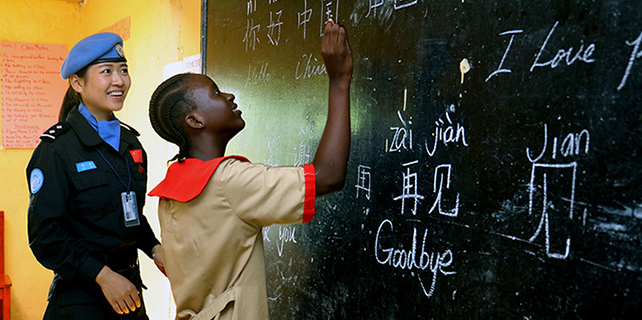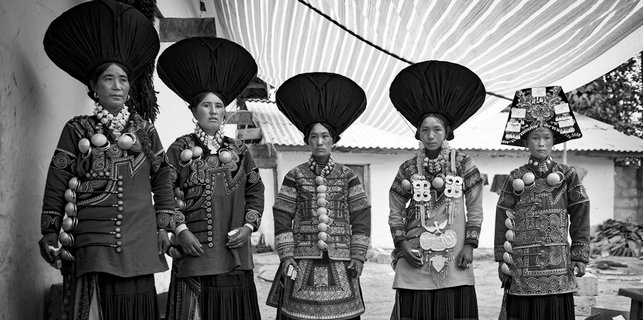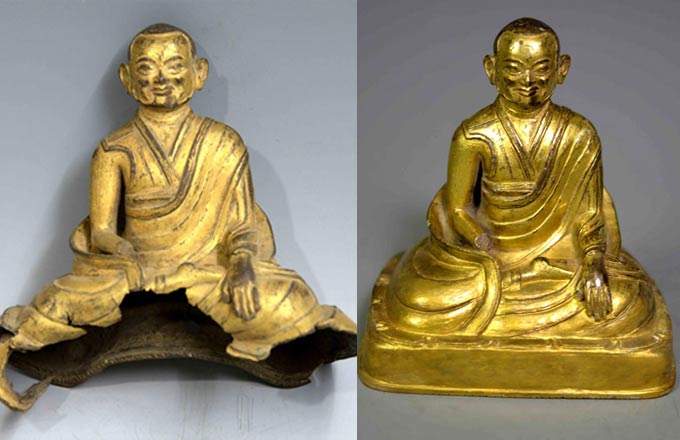Gaming companies are finding big treasure in foreign lands
Online games have become a new driver for Chinese companies' growth in overseas markets as exports advance by leaps and bounds. The overseas revenues of online games independently developed by Chinese companies surged by 57.7 percent to reach $3.99 billion in the first half of the year, according to a report jointly released on Wednesday by the Beijing-based Game Publishing Commission and market consultancies CNG and IDC. Southeast Asia used to be the most important export destination for Chinese game companies at their earliest stages. The type of games exported was also quite limited, with action role-playing games making up the majority. But now, online strategy, cards, music and dance games developed by Chinese companies also are reaping good results in other overseas markets, the report said. King of Avalon, a strategy game produced by Shanghai 37 Interactive Entertainment, earned more than 1 billion yuan ($148 million) globally in the past six months. Action role-playing games, at which Chinese companies excel, are no longer popular just in Chinese communities. Legacy of Discord, developed by Shanghai-based Yoozoo Games, has also performed quite well in Europe, the United States and the Middle East, with its global monthly revenue reaching $41 million. Revenge of Sultans — the work of 2-year-old gaming company Onemt — saw its monthly revenue reach over 10 million yuan in the Middle East. Zheng Nan, research director for the report, said that it is prime time for Chinese game companies taking part in global competition. "With the central government's stress on internet development and the Belt and Road Initiative, Chinese game companies will benefit from policies and gain more means to participate in overseas competition," he said. Among the 10 most profitable gaming companies globally last year, two are from China, including Shenzhen-based Tencent and Guangzhou-based NetEase, according to mobile market monitor Newzoo. Beijing-based Perfect World is one of the first Chinese game companies to mainly target overseas markets. It began setting up its overseas studios in major Western markets such as the United States and France about nine years ago to integrate its overseas resources and, more importantly, to communicate Chinese culture, said Xiao Hong, chief executive officer of Perfect World. "Over the years, we have seen that the business model for exporting Chinese games is also applicable for exporting the Chinese culture," he said.






















